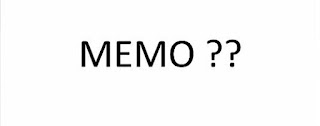Make Your Resume A Breath of Fresh Air

As a job seeker, it’s easy to see hiring managers as big, bad obstacles that need to be overcome. They’re the gatekeepers, after all. But, this kind of thinking actually leads to weaker job applications. Think about it this way: Hiring managers read a ton of resumes —to the point at which their eyes cross. More importantly, hiring managers are just people. With this in mind, the only thing you really need to do to stand out is to have the one resume that actually lets them breathe a sigh of relief during this painful process. Here are simple things you can do. Make the First Thing on Your Resume Immediately Relevant There’s nothing worse for a hiring manager than having to dig through a resume to find what, exactly, an applicant’s relevant experience entails. Don’t make this harder than it needs to be for the person who will be reading your resume, and make sure the first thing on your resume is something you know he or she wants. Are you applying to a sales position? Tit...





